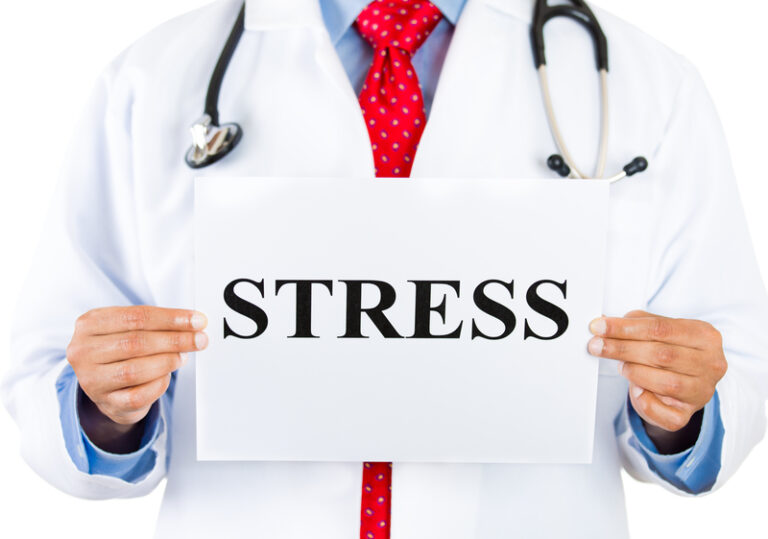As a health practitioner, it is impossible to ignore the profound effects of stress on every symptom a patient may have. Sometimes if I don’t know what to do with a complex case, I’ll simply try and calm them down. In some ways, I might predict better results for a patient with poor eating habits and a happy disposition, than a patient with an impeccable diet who is stressed out. While it’s not really that simple–a poor diet can dramatically affect our mood and health—it’s certainly true that we need to learn to manage our stress as carefully as we manage our diet and exercise.
Examining levels of inflammation is a good measurement of how profoundly stress affects our health. Several studies from 2004 to 2014 looked at long-term stress and its’ effect on inflammatory blood markers. These studies found that multiple daily stressors were associated with greater serum levels of IL-6 and CRP levels—markers associated with inflammatory diseases including cardiovascular disease, Type II diabetes, and metabolic syndrome (obesity).
Enduring stress has long-term inflammatory effects. One fascinating 2014 study compared two groups of children from low socio-economic families suffering from long-term hardships. In one group families were provided with intervention support, and in the other group the families were not. In an eight-year follow-up, the study found that the children of families who had received intervention had lower levels of inflammatory CRP in their blood than those who did not.
We cannot avoid stress; however, we can learn ways to manage it! If we are interested in optimizing our health, we need to actively adopt a lifestyle that helps to minimize our daily stress load and provide a measure of calm. From meditation to yoga, regular exercise, hikes in nature, or creative outlets like dance or music, find what suits you and proactively schedule it into your calendar.
As an acupuncturist, I have long noted the remarkable effects on stress from regularly administered acupuncture. It is common for new patients seeking treatment for a health complaint to comment on how relaxed they feel afterwards. Numerous clinical studies have examined this connection, such as researchers at Georgetown University who exposed rats to winter-like temperatures for an hour a day, followed by acupuncture. When they measured blood levels afterwards, they found that acupuncture blocked the release of stress hormones, thereby inducing a state of relaxation.
We tend to shrug off chronic stress as an inevitable part of life—but it doesn’t have to be. At Vital Health we help people find clarity regarding the root causes of their health challenges, and use nutrition, herbs, and acupuncture to restore health naturally.
©2023 Darcy Greenwald, M.S.O.M., L.Ac. and Vital Health







